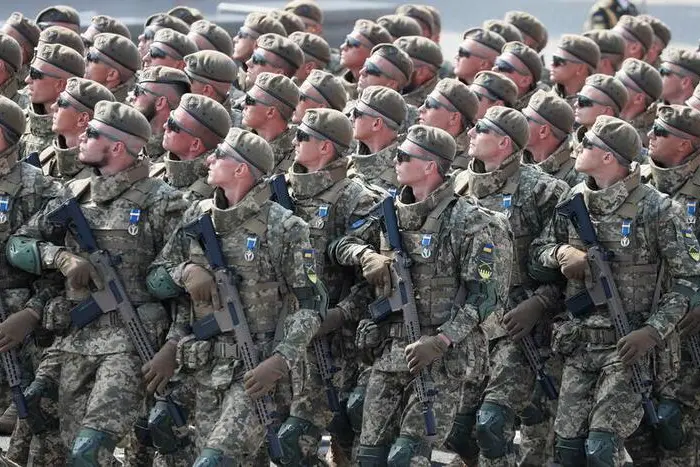PHOTO
The Russia-Ukraine conflict is not just likely to lead to spikes in oil and gas prices, it will also fuel more inflation, choke global supply, and hurt corporate profitability, according to analysts.
Next week, oil prices could also reach up to $125 a barrel or more if the security crisis intensifies further, said Steen Jakobsen, chief investment officer at Saxo Bank.
Oil prices rocketed past $100 a barrel for the first time in more than seven years, while prices of commodities, including gas, oil and wheat surged, after Russia started invading Ukraine on Thursday. The worsening conflict has stoked fears of a global economic shock, as the US and Europe vow to impose sanctions on Russia.
Impact on corporate earnings
“A new spike in energy costs is a significant risk economic activity and with that, for corporate profits,” said Jakobsen explained.
“It’s not time to panic in stock market, but the Fed had already pivoted hard on the need to tighten monetary policy in November and doesn’t have much to bring to the table with its tools to affect the reality of short supply, broken supply lines and uncertainty. This hurts sentiment and especially earnings,” he added.
What this means is that there will be more downsides in equities, particularly in energy, commodities and defense. Bonds could see short-term lower yield, but it will “not offer usual safe haven as this conflict comes with higher inflation as by product,” Jakobsen said.
Impact on markets, economies
Markets were thrown into turmoil following Russia’s attack on Ukraine last Thursday. Russia is the second biggest crude oil exporter and largest natural gas exporter in the world.
The crisis has rattled some investors, with the Russian MICEX falling 30 percent, while Nasdaq and S&P500 dipped by around 2 to 3 percent.
“The geopolitical developments are very worrying and have led to markets moving lower across the board,” said Altaf Kassam, EMEA head of investment strategy and research at State Street Global Advisors.
Sanctions
The United States and Europe had previously vowed to impose sanctions on Russia, but the move could also hurt other economies, especially in the Eurozone.
“The Western powers will have to hurt themselves if they are to hurt Russia, as new sanctions are likely to affect the flow of commodities itself and possibly Russia’s financial system and its access to the world,” said Jakobsen.
He said this will lead to much higher inflation both in the short and medium term, citing that Russia exports millions of tonnes of oil every month to Western destinations and vast quantities of natural gas exports.
“The largest effect of sanctions, which we expect to be announced later, should be on the Russian market, but the Eurozone, especially Germany through its reliance on Russian energy, should be most affected by the conflict of all the developed markets,” said Kassam.
The slowing natural gas flows over the winter, Jakobsen noted, has already “wreaked considerable havoc” and this could worsen if flows are slowed further. Among major countries in Europe, any gas shortages would impact Germany and Italy the hardest, he said.
“Any disruption of flows between Russia and Europe, due to damage or sanctions, would drastically add to the already present supply scarcity,” said Norbert Rücker, head of economics and next generation research at Julius Baer.
(Reporting by Cleofe Maceda; editing by Mily Chakrabarty)




















